
ACU launches EthicsFinder
News 18 NovemberA message from Deputy Vice-Chancellor (Ethics) Professor Hayden Ramsay: Explore our new ‘one-stop shop’ expertly curated search engine database: EthicsFinder.
29 June 2020
Share
Prof Hayden Ramsay (Deputy Vice-Chancellor Ethics)
Some people don’t support Glasgow Rangers, mindfulness or Country and Western music. Everyone supports ethics; which doesn’t mean everyone fully understands ethics or always acts ethically, but it does tell you something about ethics. Ethics captures human conduct at its most positive and praiseworthy. Why then do people disagree about ethics?
When I studied moral philosophy we discussed ‘morality’ and only referred to ‘ethics’ when dealing with the ancient Greeks or with value implications in healthcare and other practical fields. Today ‘morality’ falls heavily on people’s ears, whereas ‘ethics’ has been successfully adopted by every field of human endeavor. And since people in different fields disagree, people disagree about ethics.
But in fact disagreement in ethics is more basic than that: we should disagree about ethics, or rather if we didn’t, something very strange would have happened. For ethics presents some of the most comprehensive answers ever offered to some of the most penetrating questions ever asked, and inevitably that will lead to disagreement and so debate.
So just what is ethics? Every ethics thinker gives their own account. For me, ethics is thinking about actions which serve people’s good and then choosing to perform those actions. That means ethicists ask: what is really good for people? How do we achieve that good and when, by whom, how often, by what means should we achieve it? How does this affect how we live together? How does the good of one person relate to the good of another, or the good of all (the ‘common good’)?
This sounds a little abstract. Perhaps; but the human good isn’t abstract. It’s developing your body through sport or exercise or good nutrition; building your mind through study and enquiry and new experiences; developing and critiquing the range of relationships and friendships you possess; finding tranquility in an easy conscience and a non-fragmented approach to what you think and how you live; growing through work and finding a social contribution that fulfils you; finding meaning in your life and that of the world through experiences of transcendence or beauty.
These are real concerns for everyone, and we progress them through such activities as education and healthcare and sport and concerts, prayer and meditation, home life and recreation. And together as a society we work out how to balance these sorts of activities, fund them equitably, encourage them, promote them.
Interestingly, Catholic tradition holds that the most fundamental ethical positions of all—those concerning life and knowledge, faith and community—are not known through faith and are not Catholic-specific. Rather, they are grasped by every human being as we mature: they are transcultural, global, ‘naturally’ known and not known by religion.
This means that even if individuals and societies disagree profoundly on how to go about protecting life, seeking truth, finding meaning or advancing society, they all agree that these things matter. Catholics, like others, have a specific take on all of these questions, but the faith also opens up a broad space for people of all traditions to discuss fundamental ethics—a space traditionally known as ‘natural law’.
ACU is rich in ethics. The Ethics Hub sets out to curate and present this ethical activity, highlight it and bring our different ethical thinkers and practitioners into closer contact and greater awareness of one another. It will also act as a forum for ethics opinion and debate—always following the simple guideline that ethical arguments stand or fall by the quality of reasoning behind them and every ethical opinion is open to rational critique, without fear or favour. Excelling at ethics unfortunately does not guarantee personal virtue, but one thing is clear: we cannot grow without addressing ethics questions, and that is an opportunity a great Catholic university must provide.

A message from Deputy Vice-Chancellor (Ethics) Professor Hayden Ramsay: Explore our new ‘one-stop shop’ expertly curated search engine database: EthicsFinder.

The ACU Sustainability Report 2020 has been published and is available for you to read on the ACU website.
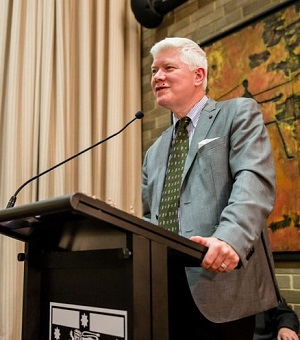
The expression ‘ethical dilemma’ has become overused and often applied without much if any thought about what it actually means

Professor Hayden Ramsay, DVC and Professor of Catholic Philosophy, presents a 12 part series of videos and articles in his Masterclass on Any Catholic University
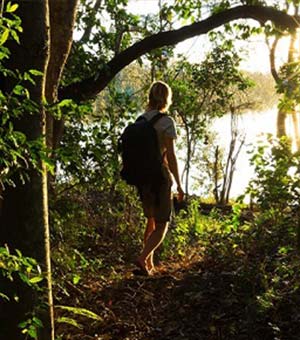
The PM Glynn Institute has produced a report on palliative care within Australia

Lord Rowan Williams recently published book Tribalism's Troubles: Responding to Rowan Williams, launches in a virtual event held this week by the PM Glynn Institute

New ACU research is showing how busting a move via silent disco technology can boost the wellbeing of residential aged care residents with dementia.
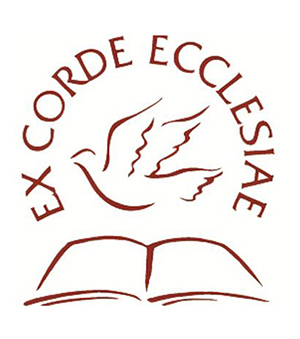
The 30th anniversary of Ex Corde Ecclesiae (From the Heart of the Church) is an opportunity for us, as Australia’s largest Catholic University, to reflect on our character and role.
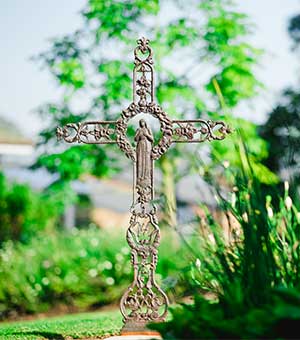
It is a great treasure of the long papacy of John Paul the Great and an entry point to understanding ACU for staff of all faiths and traditions.

Australian Catholic University (ACU) has appointed Professor Zlatko Skrbis as the University’s next Vice-Chancellor and President.

Thirty scholarship students will be the first to undertake the new Bachelor of Arts (Western Civilisation) at Australian Catholic University’s (ACU) North Sydney Campus next year under a generous fund...

Australia's workforce, economy and society needs the capabilities of a humanities education: critical thinking, analytical and research skills, and the ability to grapple with and communicate complex ...

Some people don’t support Glasgow Rangers, mindfulness or Country and Western music. Everyone supports ethics; which doesn’t mean everyone fully understands ethics or always acts ethically, but it doe...

Are faith and reason in conflict, or do they illuminate one another? We tackle an age-old question with Professor Hayden Ramsay, a Catholic philosopher and ACU’s Deputy Vice-Chancellor, Coordination.
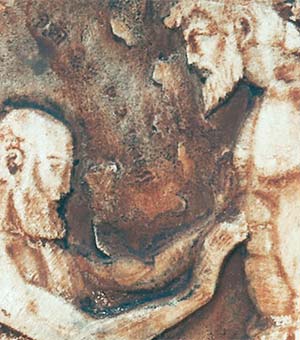
ACU’s exploration of advance care planning, which enables patient wishes to inform decisions made by families and medical professionals and to respect patient autonomy and dignity, has led to the deve...
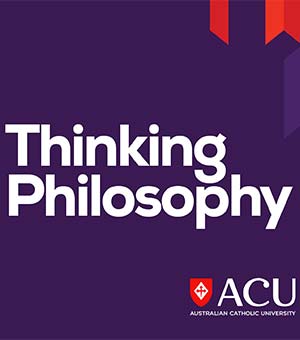
ACU last week launched Thinking Philosophy, a podcast exploring the research of our philosophers.

ACU expects to offer a new BA degree in Western Civilisation from 2021, after signing a Memorandum of Understanding (MOU) with the Ramsay Centre for Western Civilisation in Sydney today.
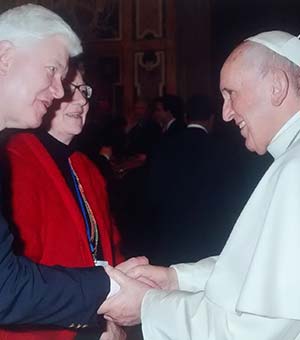
Leading British philosopher Professor John Haldane will join the Australian Catholic University this year to establish a new project to develop Catholic school education, situating this within a broad...

People who pursue beauty, fame and money above other goals are less happy than those who want to improve the world, new research has found.
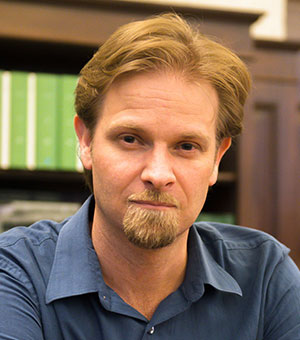
Professor Stephen Finlay has been appointed as the Director of a new institute dedicated to philosophical research at Australian Catholic University (ACU).